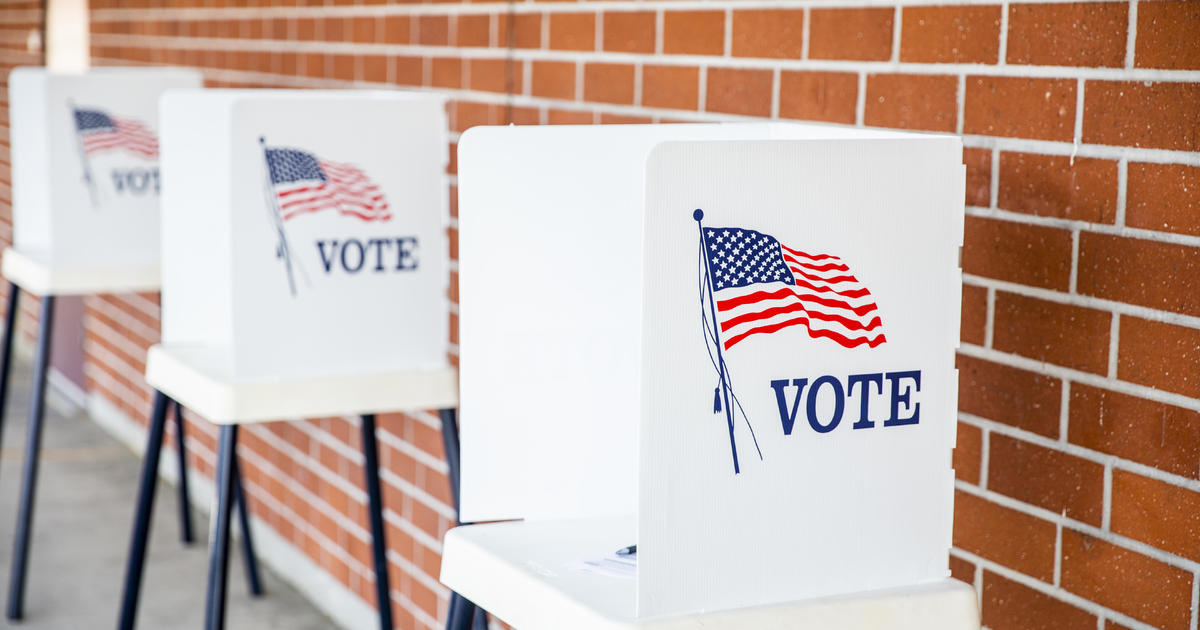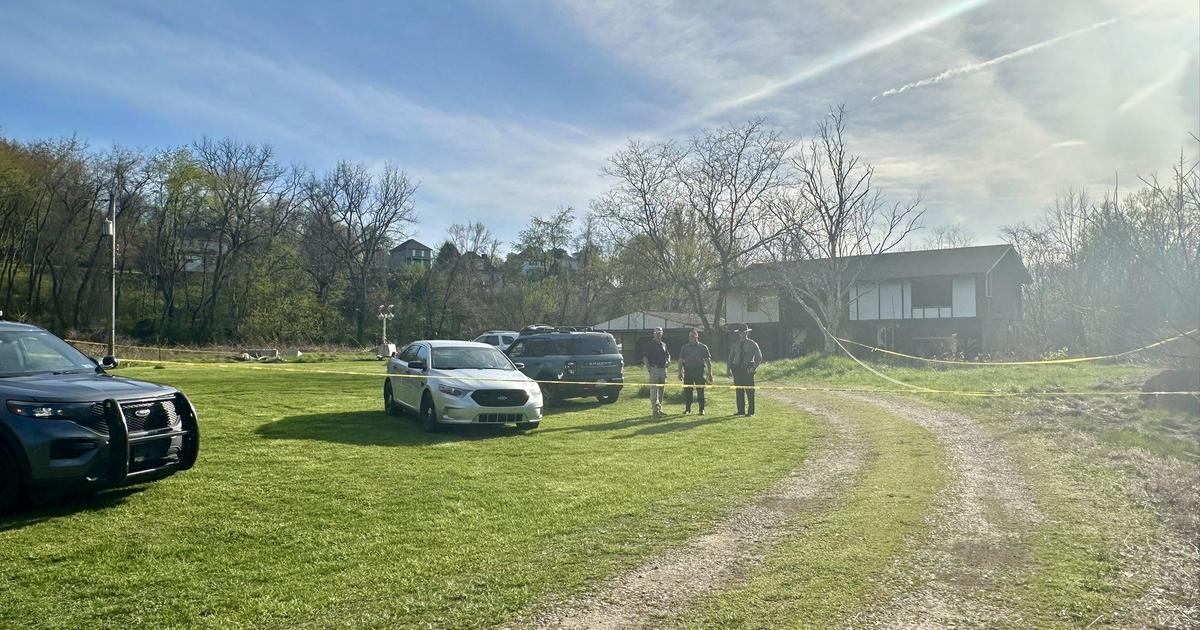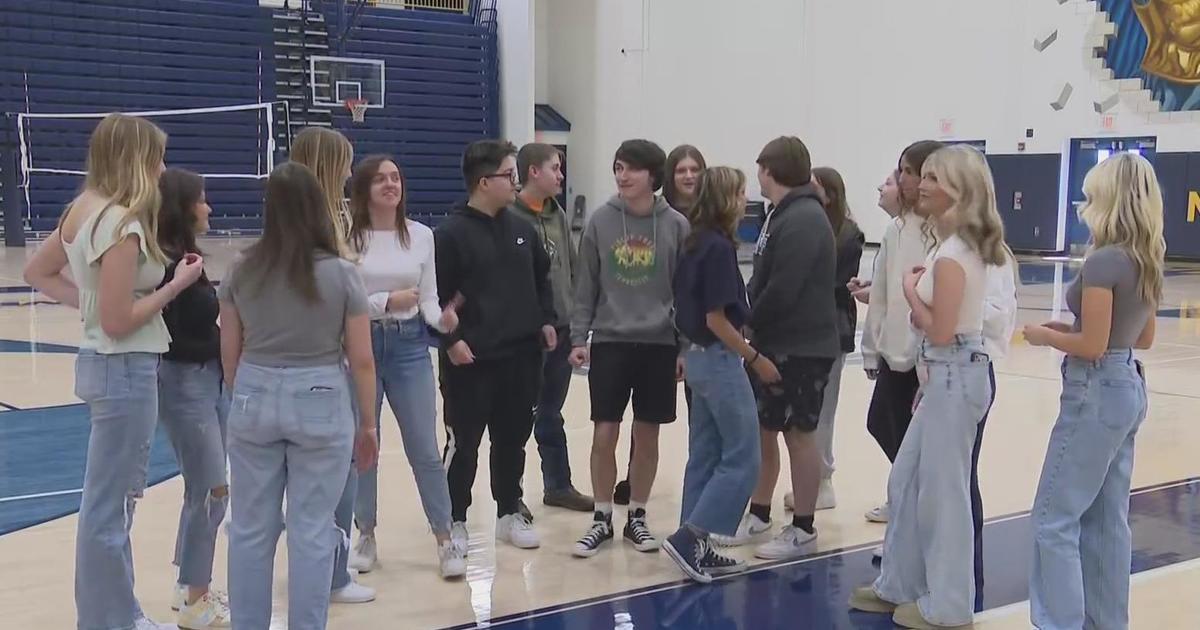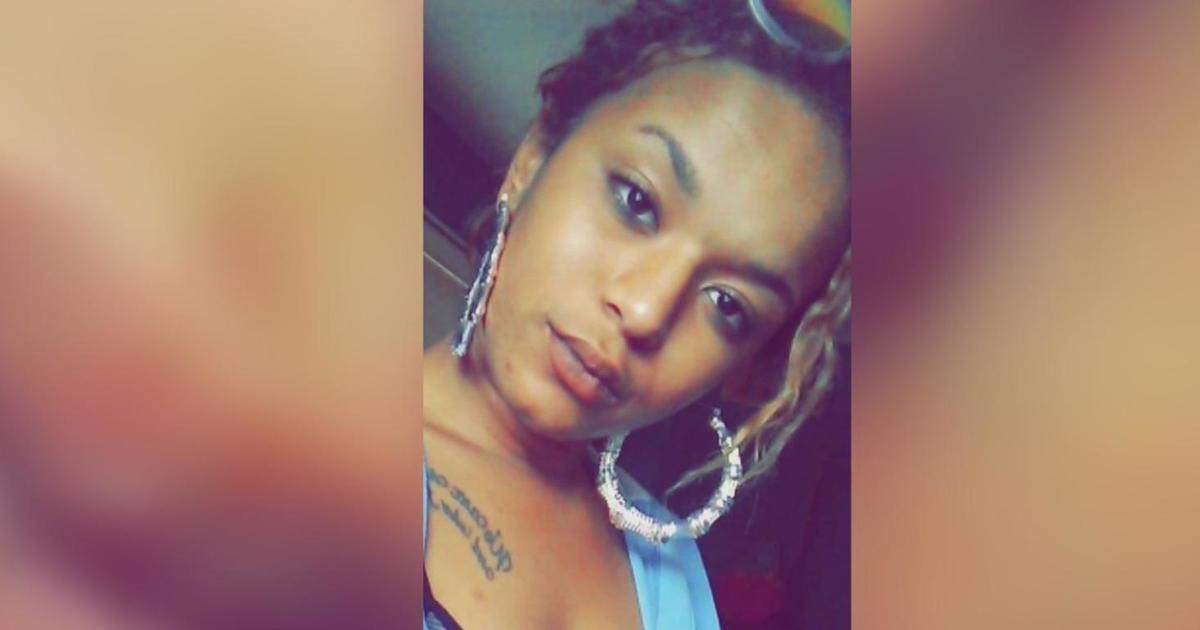Partial Budget Good News For Schools, But Maybe Not For Long
HARRISBURG, Pa. (AP) - The partial state budget Gov. Tom Wolf signed this week brought good news for Pennsylvania's 500 school districts, provided a stage for political venting by the leaders of state government and underscored the bad news: The budget standoff will stretch into a seventh month.
The Democratic governor exercised his line-item veto power to erase about one-quarter of the $30.3 billion in spending approved by the Legislature's Republican majorities. He signed off on $23.4 billion that includes long overdue financial relief for school districts, social service providers and county governments.
After six months without state subsidies, the release of $3.5 billion for basic and special education was "extremely important," said Jay Himes, director of the Pennsylvania Association of School Business Officials.
"I think it moved some districts back from the edge in terms of the need to borrow," Himes said. It also helped "back down the frustration and skepticism level of schools throughout the state."
Not so in the executive branch, where the Wolf administration had hoped to wrap up a $30.8 billion bipartisan budget deal that would boost education spending to historic levels and shrink a long-term budget deficit that has hurt the state's credit rating while increasing unspecified taxes by more than $1 billion.
When the deal unraveled just before Christmas, after a Senate pension restructuring bill crucial to the deal stalled in the House, Republicans retreated and approved the less costly measure and sent it to the governor's desk. After weighing his options for a few days, an angry Wolf announced his line-item veto.
The GOP budget was "a ridiculous exercise ... garbage," he said, that would allow spending to exceed projected revenue, leaving a budget hole of $500 million in the year that ends June 30. He said Republican legislators "left town before finishing their jobs" and demanded that they resume work on the budget.
Republicans responded that Wolf could have avoided the interruption of state funds for schools and social services altogether by using his line-item veto authority instead of rejecting the entire budget that GOP lawmakers approved along party lines when the previous budget year ended June 30.
GOP leaders in both chambers characterized the present situation as an opportunity to "reset" negotiations in a renewed attempt to reach a compromise.
"This is really a five-party discussion," said Senate Majority Leader Jake Corman, R-Centre. "The one thing that we have to do as a state government is pass a budget."
"We will continue conversations with the governor and Senate - Republican and Democrat - to come to a reality-based budget solution," House Speaker Mike Turzai and Majority Leader Dave Reed said in a joint statement.
Join The Conversation On The KDKA Facebook Page
Stay Up To Date, Follow KDKA On Twitter
There is no shortage of issues on the table.
Both the budget Wolf vetoed and the one he hopes to salvage would require tax increases, but it remains unclear which taxes would rise, how much money they would generate and whether they stand a chance in the Legislature.
Among the pending major bills is the pension proposal, which would mandate a 401(k)-style benefit for future state and public school employees and limit future benefits of current employees. Another would allow 14,000 holders of takeout beer licenses, including restaurants, hotels and supermarkets, to buy licenses allowing them to sell as many as four bottles of wine per customer. Both bills are pending in the House.
Also in limbo are bills directing the distribution of nearly $6 billion a year for public schools and $600 million in subsidies for state-related universities, including Penn State, Pitt, Temple and Lincoln.
David Patti, president and CEO of the Harrisburg-based Pennsylvania Business Council, said the release of school and social services money will buy time for budget negotiators, but that the multitude of issues and persuasive arguments for each can make a consensus difficult to achieve.
"What do you do when everybody's right?" Patti asked. "These are not bad people trying to do malicious things."
(Copyright 2016 The Associated Press. All rights reserved. This material may not be published, broadcast, rewritten or redistributed.)



